Tunisia, located on the Mediterranean coast of North Africa, is a country steeped in history and cultural diversity. As the birthplace of the Arab Spring, it has undergone significant political and social changes in recent years. While it is considered one of the most progressive countries in the region, it still faces economic challenges and ongoing democratic transitions.
Tunisian society is a blend of Arab, Berber, and European influences, reflected in its language, customs, and traditions. Islam is the predominant religion, but the country is also home to a significant secular population. Arabic is the official language, but French is widely spoken, a legacy of its colonial past.
The Tunisian economy is diverse, with tourism, agriculture, and manufacturing being major contributors. The country has made significant strides in education and healthcare, but poverty and unemployment remain challenges.
Culture and Possible Experiences
Tunisia’s rich cultural heritage and diverse landscapes offer a wealth of experiences for visitors:
- Ancient Ruins: Explore the well-preserved Roman ruins of Dougga and the impressive amphitheater of El Jem, both UNESCO World Heritage sites. Discover the ancient Punic city of Carthage, once a powerful maritime empire, and the charming Berber village of Chenini, with its unique troglodyte dwellings.www.britannica.com Carthage, Tunisia
- Sahara Desert: Embark on a desert adventure in the vast Sahara, where you can ride camels, camp under the stars, and experience the nomadic way of life of the Bedouin people. Visit the stunning oasis town of Tozeur and explore the nearby salt lake of Chott el Jerid.www.pelago.co Sahara Desert, Tunisia
- Mediterranean Coast: Relax on the beautiful beaches of Hammamet, Sousse, or Djerba, known for their golden sands and turquoise waters. Enjoy water sports, explore charming coastal towns, or simply soak up the sun.www.melbtravel.com Hammamet, Tunisia
- Medinas: Wander through the labyrinthine alleys of the medinas in Tunis, Sousse, and Kairouan. These historic city centers are UNESCO World Heritage sites, filled with bustling souks (markets), ancient mosques, and traditional houses.www.tripadvisor.com Medina of Kairouan, Tunisia
- Cuisine: Savor the flavors of Tunisian cuisine, a delightful blend of Mediterranean and Arab influences. Try dishes like couscous, brik (a savory pastry), lablabi (chickpea soup), and sweet pastries like makroudh and bambalouni.www.mosaicnorthafrica.com Tunisian cuisine
Valid and Clickable Links for Further Information:
- Tunisia Tourism: https://www.discovertunisia.com/
- Culture of Tunisia: https://en.wikipedia.org/wiki/Culture_of_Tunisia
- UNESCO World Heritage Sites in Tunisia: https://whc.unesco.org/en/statesparties/tn
Important Considerations:
- Visa Requirements: Check the visa requirements for your nationality before traveling to Tunisia.
- Safety: While Tunisia is generally safe for tourists, exercise caution and be aware of your surroundings.
- Cultural Sensitivity: Dress modestly, especially when visiting religious sites, and respect local customs and traditions.
- Currency: The official currency is the Tunisian Dinar (TND).
- Language: While Arabic is the official language, French is widely spoken, especially in tourist areas.
Tunisia offers a unique blend of history, culture, and natural beauty, making it a fascinating destination for travelers seeking adventure, relaxation, and cultural immersion.
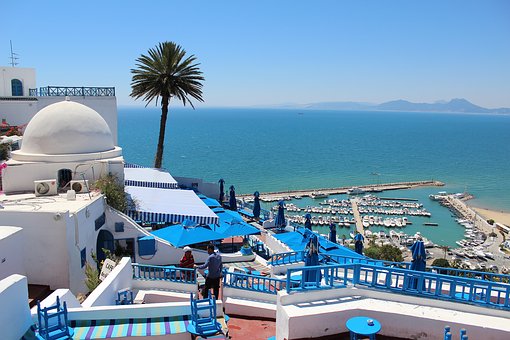
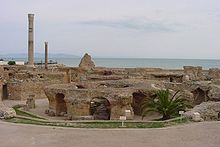
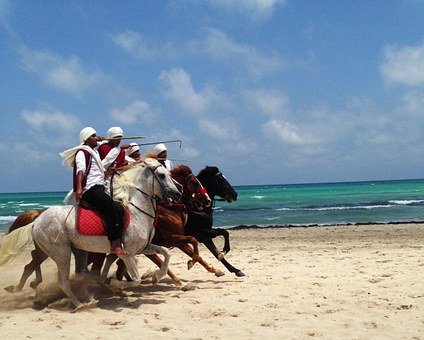
If you book more than one travel service for your trip or holiday using the links on this site, for example both hotel accommodation and flights, you will NOT benefit from rights applying to packages under Directive (EU) 2015/2302. Uramble.com and Google will not be responsible for the proper performance of any travel services. In case of problems, please contact the relevant service provider. Check with your insurance -or credit card provider.
HERE YOU FIND THE OPPORTUNITIES FOR 4 TYPES OF ACTIVE HOLIDAYS!
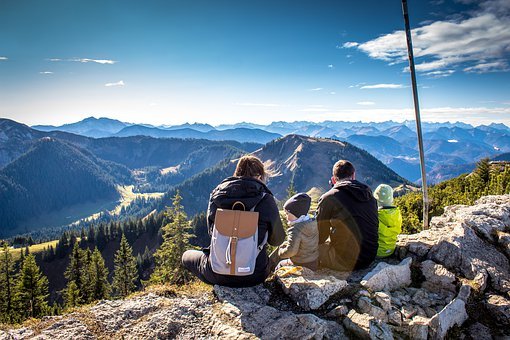
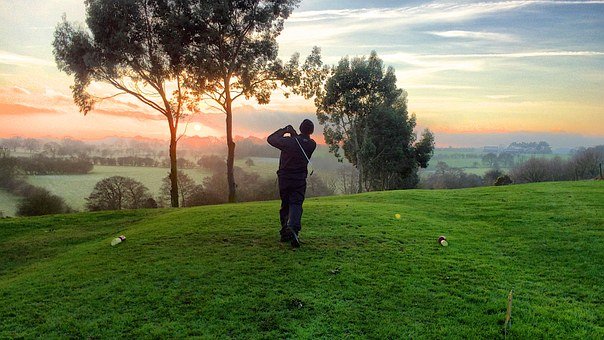
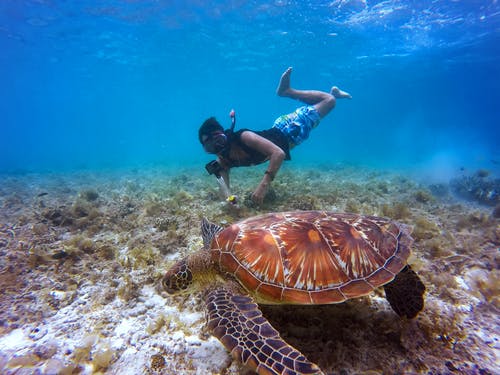
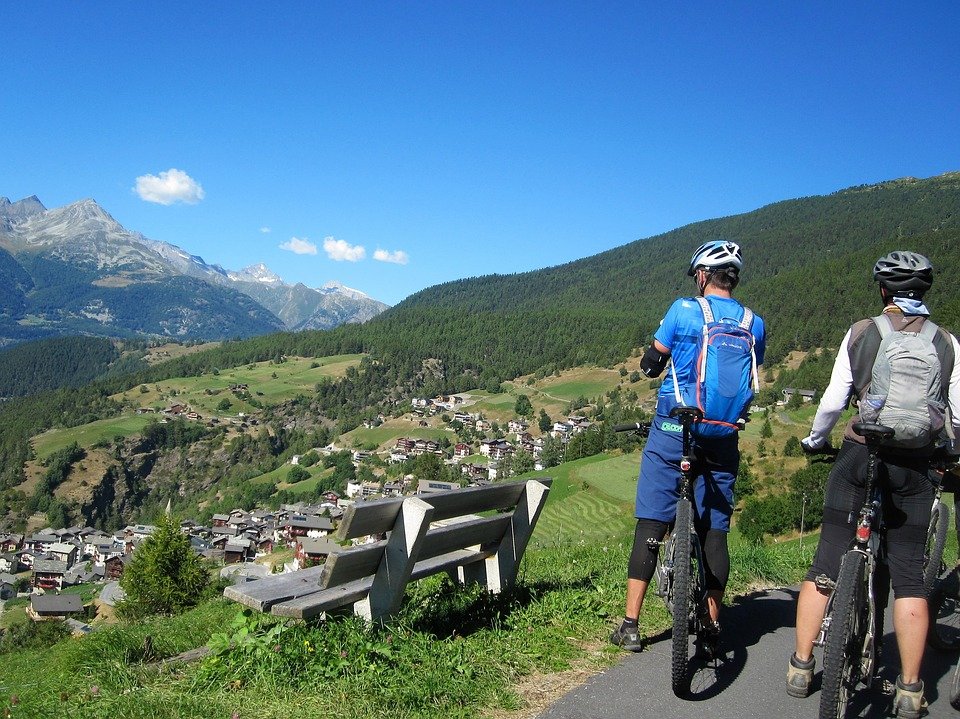

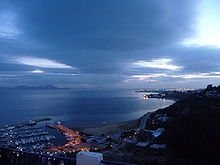
Tell us about an experience or share some information